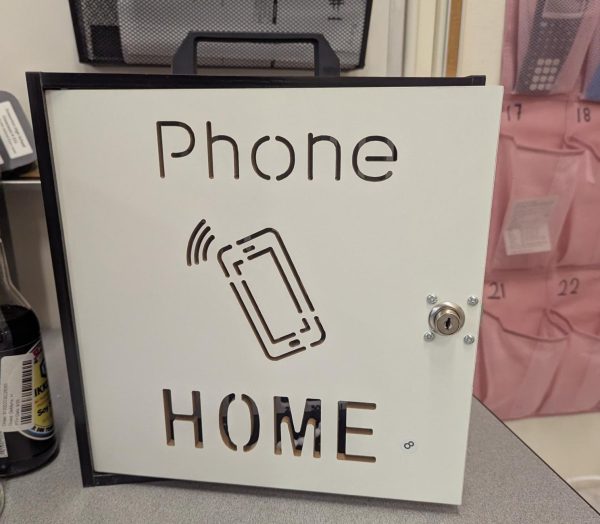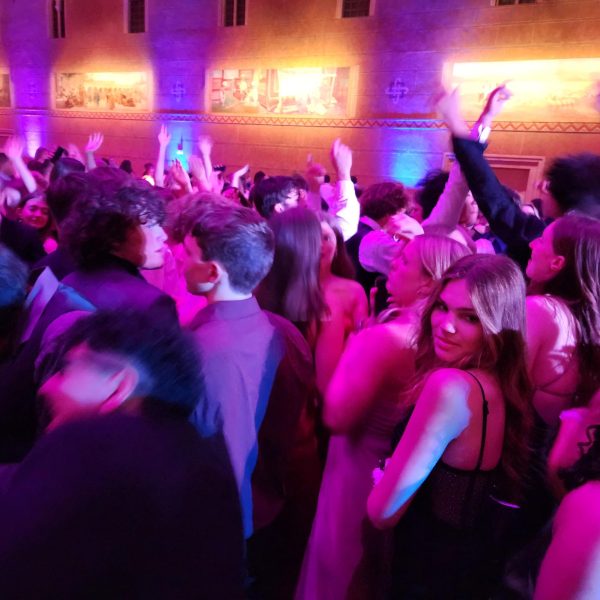Have free time? Enter the New York Times Student Editorial Contest

A ray of light shines upon a stack of newspapers.
Online school is just around the corner, and students are scrambling to remember what they last learned in class. Some things are easier than others to relearn, but for English classes, writing is something to practice and work at. As such, students may be finding that their writing skills are rusty and don’t know how to hone their skills. The New York Times has them covered.
2020 marks the seventh year in a row that The New York Times has hosted a student editorial contest. Students enrolled in middle or high school—ages 10 through 19—can submit their own editorial for judging. The judges score each piece with their contest rubric and select several winners. Winning articles will be published in The New York Times.
Even selected non-winners have a chance to be represented in lists of runners-up—whose articles are posted in a single document—and honorable mentions—whose names and article titles are listed. And being a runner-up or an honorable mention holds nearly as much prestige as winning.
Students can choose any topic they want to argue about. The New York Times does ask, however, that they refrain from writing about the coronavirus—they want to see diverse opinions on a variety of topics. “Teenagers, like most other groups of people, have strong opinions on all kinds of topics—some of which adults have never even considered,” said English teacher Mary Hernandez.
To enter, write an opinion editorial, individually or with others, and use several sources, though one needs to be from The New York Times. The editorial cannot exceed 450 words, forcing students to be concise. Students must be at least 16 to submit their editorial; otherwise, a teacher must submit it in their place. Additional rules, information, and resources are available here. Editorials must be submitted before April 21 to be considered for judgment.
Winners, honorable mentions, and resumes aside, simply entering the contest is a valuable experience. “Teenagers unfortunately often don’t have many platforms to voice their opinion in such a succinct way, so this “contest” is a good place to practice,” said Hernandez. “Having to think through how to effectively present an argument is also going to serve young people well in all kinds of future careers and endeavors.”

Melody is a senior at Beaverton High School who edits and writes opinion pieces about the school. She also enjoys both watching and performing in theater...



![District changes have led to restrictions on AP classes for underclassmen [Graphic made with Canva].](https://beavertonhummer.com/wp-content/uploads/2024/06/Comic-Bonanza-600x600.png)


beavertonhigh • Apr 6, 2020 at 11:11 am
Reblogged this on Beaver Tales and commented:
Via BeavertonHummer.com
LEARNING TRANSFORMS US.
#ExperienceBHS #ourBHSstory